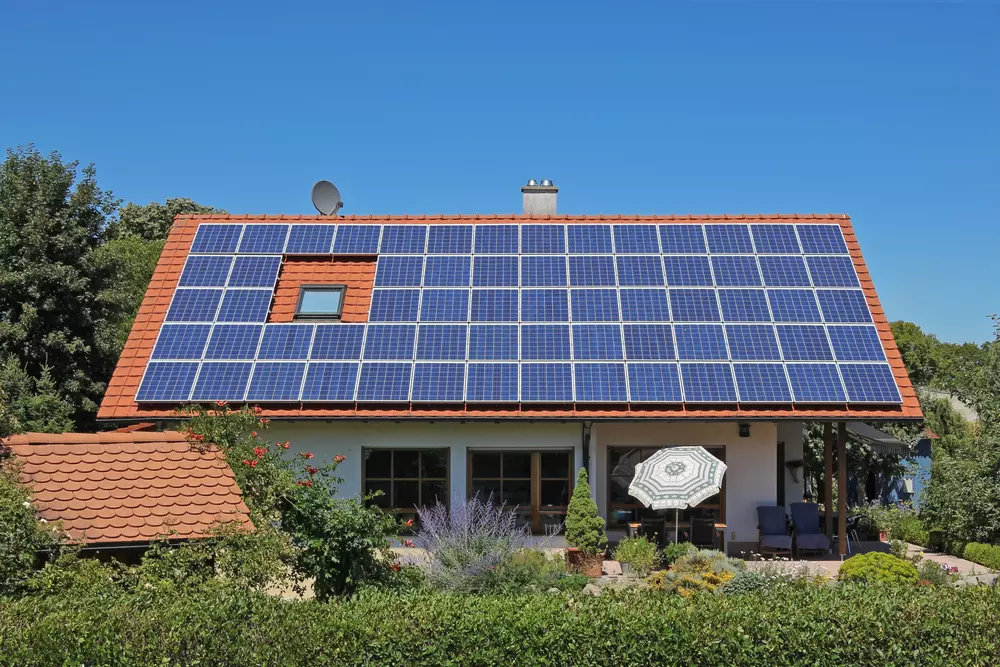Deciding to get solar energy is a big choice, but it’s more than just determining whether you want to get solar panels installed on top of your home. Another decision you need to make is how you want to be connected to the local power grid, or whether you want to be connected at all. Solar energy systems come in three options:
Today we’re going to explore some of the pros and cons of having an off-grid system.
What is an Off-Grid System?
An off-grid system is a renewable solar energy system that generates energy from solar panels during the day and stores that energy in battery backups for use at a later time. These systems are not connected to the local power grid, which means that the only available power you have is what you can generate from the panels and store in one or more batteries.
The Pros
There are plenty of reasons to consider going off-grid with your solar:
- Savings – cutting ties with the local power company means that you will never have to pay a monthly power bill again, because all of your energy will come from a renewable source. The average power bill for homes in the mountain west region was $96.20 in 2018, so that can add up to annual savings of $1,150 or more. Over the 20- to 25-year life of the solar panelsthat’s a savings of $23,000 to $29,000 without even taking into account higher electricity costs in the future (which is basically a guarantee).
- Environmental benefits – using entirely renewable energy for your power needs means a lower carbon footprint.
- No blackouts– all of your energy is stored in the battery or batteries attached to your system, so you can draw on it whenever you need it—during a major winter storm, on hot summer days when the power grid is overloaded, or anytime in between. You won’t be at the mercy of the local power company.
- Building locations – off-grid solar systems are ideal for homes in areas where there is no current connection to a local power grid, such as a cabin up in the mountains or a home that is off the beaten path. Going off-grid allows you to build without the need to pay for power lines out to the house.
The Cons
While there are benefits to being off-grid, there are also some drawbacks:
- Cost – getting an off-grid power system that is large enough to support all your power needs can be costly because it requires one or more backup batteries, depending on the size of your home and your power usage.
- No emergency power – if you run out of power or if something goes wrong with your battery storage in an off-grid system, you won’t have any backup because you’re not tied to the local power company at all.
To find out if an off-grid system is the best choice for you, or if there is a better option, talk to Intermountain Wind and Solar today.





